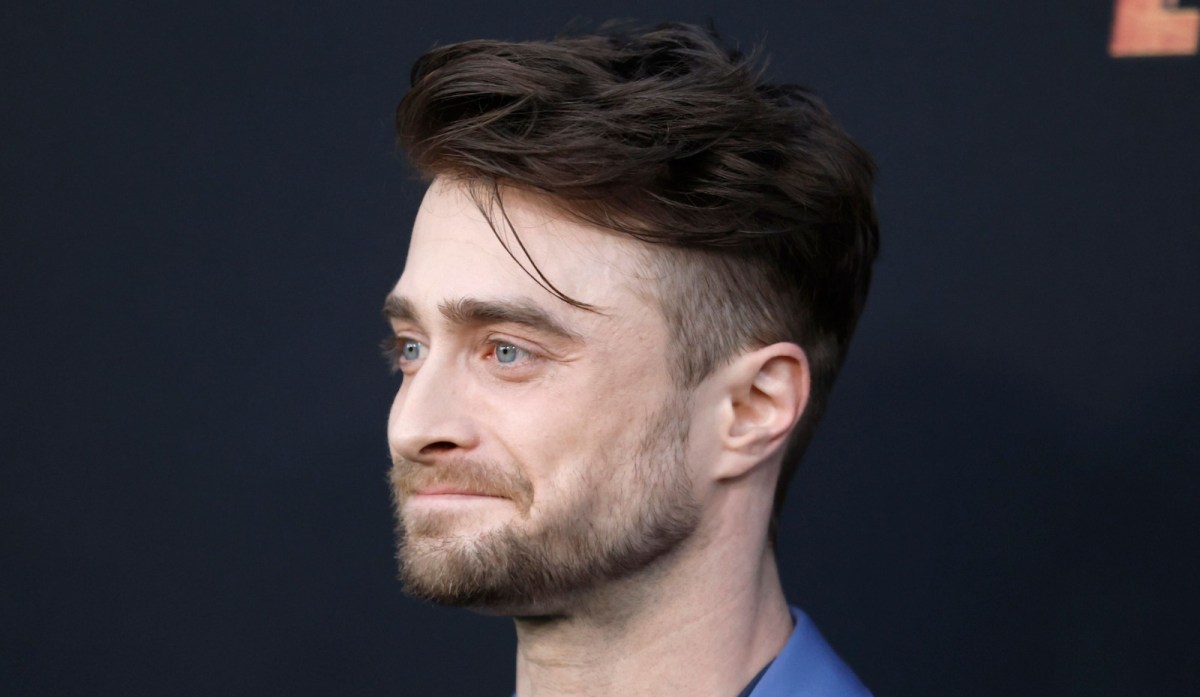While promoting The Lost City on a recent episode of the Empire podcast, Daniel Radcliffe revealed he has written a script about the film industry that he intends on directing. This would mark his first time in the director’s chair.
He stated: “I’ve got an idea for something that I have written. I’m hopefully going to direct. It will be in a couple of years’ time, because the next 18 months at least are pretty much accounted for already.” While specifics about the plot and style are top secret for now, Radcliffe did disclose its broad theme. He went on to say: “People always say, ‘Write what you know’. I’ve had a very unrelatable life, so I don’t want to write that. But I have found a way of writing something that is kind of connected to the film industry, about that.”
Radcliffe is best known, of course, for his role as the famous wizard Harry Potter, the boy who lived. Pre-Potter, he starred in BBC One’s David Copperfield as Young David Copperfield, and as Mark Pendel in the film The Tailor of Panama. Post-Potter, he has chosen eccentric and quirky roles, such as a flatulent, sentient corpse in the surrealist comedy Swiss Army Man. He even took on the challenge of theater work, starring in both the Broadway and West End productions of Peter Shaffer’s play Equus in 2007. In 2011, he proved he can sing and dance in the Broadway production of the musical How to Succeed in Business Without Really Trying.
Radcliffe is not afraid of a challenge, but plans to focus solely on directing when filming his new script, mainly because he does not want to have to watch hours of footage of himself. He stated:
“I would like to just direct, for two reasons – partly because I’ve never done it before, and I wouldn’t want to be thinking about both those things at the same time. But more practically, because when you direct a film, you have to watch that film a thousand times afterwards in the edit, and no part of me wants to watch my face that much. I’ll skip that.”

